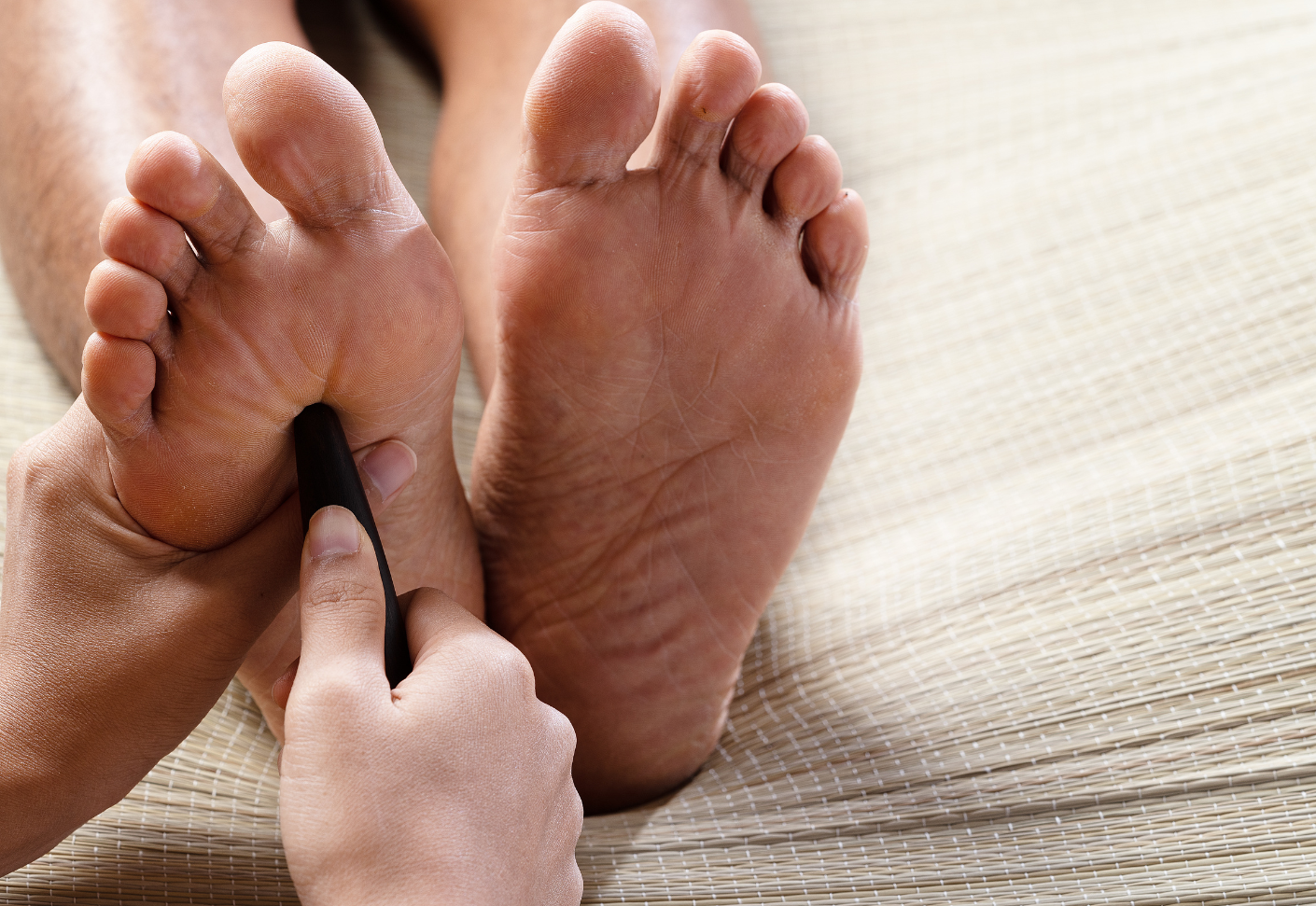As we gracefully journey through the golden years, it’s essential to prioritize our foot health. Our feet, the steadfast companions of our life’s journey, need proper care to prevent them from early damage. Here are six invaluable tips that can help maintain optimal foot health in the later years.
Daily Inspection and Hygiene
Regular foot inspection is essential, especially as we age and our skin becomes more fragile. We should examine our feet daily for any cuts, sores, blisters, or changes in color or texture. Keeping our feet clean and dry, especially between the toes, helps prevent infections such as athlete’s foot. Gently washing with warm water and mild soap, followed by thorough drying, should also be part of our daily routine.
Proper Footwear Selection
Our shoes are not just a fashion statement but crucial to foot health. Ill-fitting or worn-out shoes can lead to many foot problems, causing discomfort and pain. Opt for footwear that provides ample support, cushioning, and room for toes to wiggle comfortably. Look for shoes with a wide-toe box, low heels, and sturdy soles to minimize the risk of falls.
Regular Exercise and Stretching
Engaging in regular physical activity benefits our overall health and promotes foot health. Low-impact exercises like walking, swimming, or cycling improve circulation, strengthen muscles, and maintain flexibility in our feet and ankles. Incorporating simple foot exercises and stretches into our daily routine can help alleviate stiffness and reduce the risk of conditions like plantar fasciitis.
Maintain a Healthy Weight
Carrying excess weight puts added pressure on our feet, causing common foot ailments such as arthritis and plantar fasciitis. Maintaining a healthy weight through a balanced diet and regular exercise can alleviate the strain on our feet and reduce the likelihood of developing foot-related complications.
Manage Chronic Conditions
Older adults with chronic conditions such as diabetes and arthritis are at increased risk for foot diseases. Proper management of these conditions is essential to prevent complications such as diabetic neuropathy or joint deformities. Regular blood sugar level monitoring, medication adherence, and lifestyle modifications can help mitigate the risk of foot-related complications.
Seek Professional Care
Regular podiatrist or foot specialist visits are crucial for maintaining optimal foot health in old age. These professionals can provide expert advice, conduct thorough examinations, and promptly address foot concerns or issues. Podiatrists are vital in preventive foot care, from trimming toenails to treating ingrown nails or fungal infections.
Take Home
Prioritizing foot care in old age is essential for maintaining mobility, independence, and overall quality of life. Daily foot inspection, regular exercise, and recommended footwear can ensure that our feet remain healthy and ready to carry us through many more adventures. Moreover, managing chronic conditions like diabetes can reduce the risk of foot damage in old age. Remember, our feet are the foundation of our mobility—let’s give them the care and attention they deserve.

